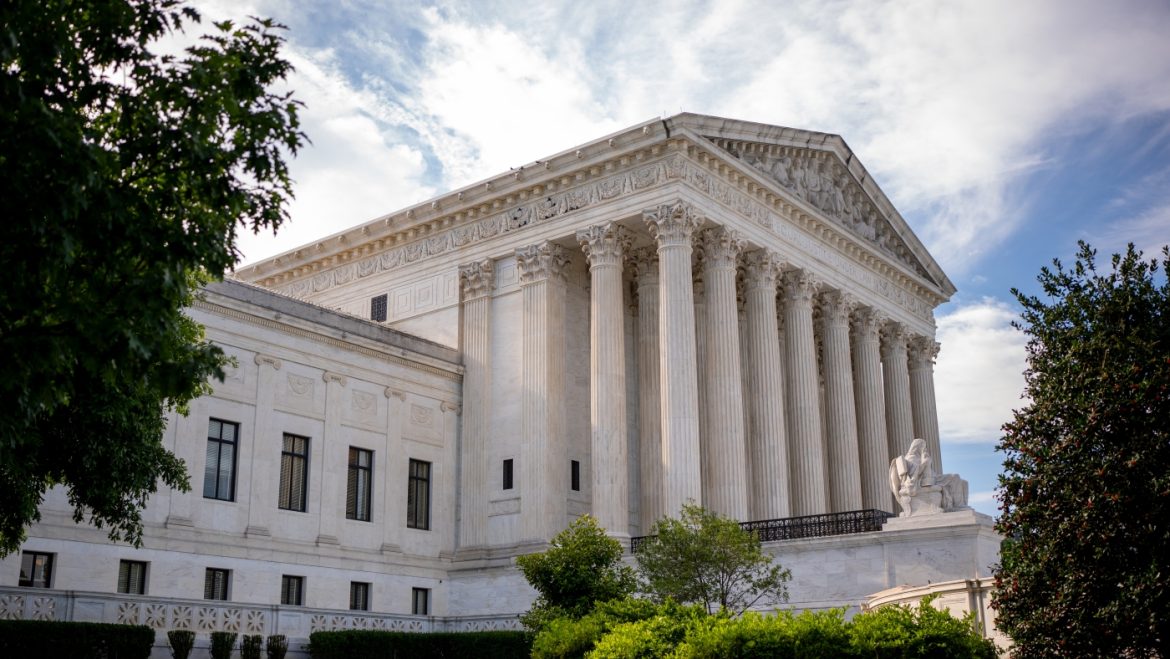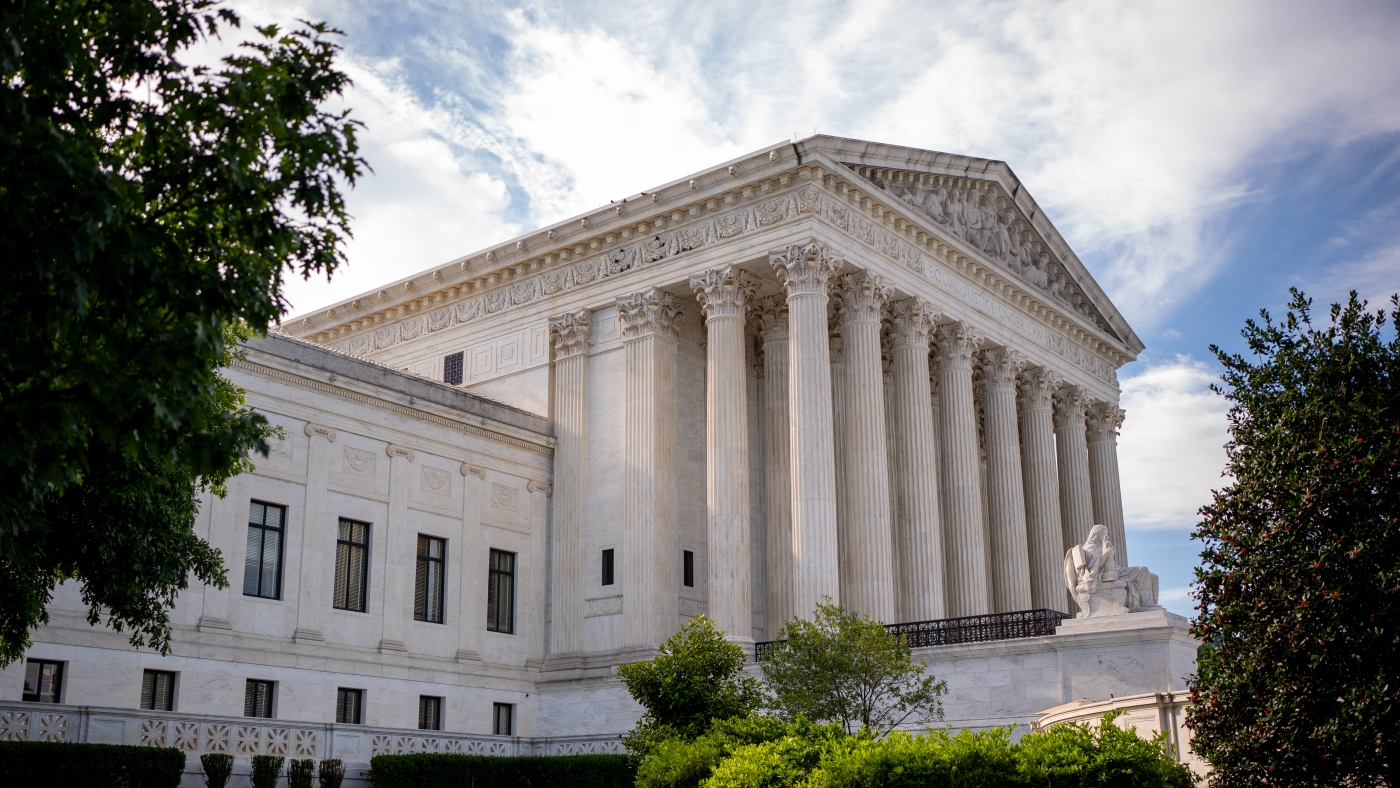The Supreme Court and Trump’s Birthright Citizenship Order: A Pivotal Legal Battle
The U.S. Supreme Court has recently turned the national spotlight toward a highly contentious and legally complex issue: President Donald Trump’s executive order aiming to restrict birthright citizenship. This case, which has filled courtrooms and news headlines alike, challenges the long-standing constitutional guarantee that anyone born on U.S. soil automatically becomes a U.S. citizen — a principle enshrined in the 14th Amendment.
Background: Trump’s Executive Order and the Birthright Citizenship Debate
At the heart of this Supreme Court hearing is Trump’s January executive order, which denies automatic citizenship to children born in the United States if their parents are undocumented immigrants or residing temporarily. This assertion directly contradicts the established interpretation of the Constitution, which has long held birthright citizenship as an untouchable right.
The order is part of Trump’s broader immigration agenda, which seeks to tighten access to U.S. citizenship and curb illegal immigration by legal means, including executive actions. The administration argues that this order is a necessary and lawful re-interpretation of birthright citizenship aimed at reducing incentives for illegal immigration.
However, critics view the executive order as unconstitutional and a threat to civil rights, emphasizing that Congress—not the Presidency—has the authority to alter citizenship laws. The order’s implementation and enforcement have been paused by lower courts pending Supreme Court review, reflecting the legal uncertainty and contentiousness of the issue.
The Legal Questions at Play
The Supreme Court’s deliberation focuses on three consolidated cases challenging the executive order. Several key legal questions emerge:
– Constitutional Interpretation: Does the 14th Amendment’s Citizenship Clause guarantee automatic citizenship to anyone born on U.S. soil, irrespective of parental status? The longstanding interpretation supporting birthright citizenship is being directly challenged.
– Scope of Presidential Authority: Can a president unilaterally redefine citizenship policies through executive order, or does such a fundamental change require legislative action by Congress?
– Implications for Immigration Policy: Beyond birthright citizenship itself, how will the Court’s decision affect the balance of power among federal branches and the administration’s ability to enforce immigration laws?
– Judicial Injunctions and Nationwide Impact: The Trump administration’s request to halt nationwide injunctions blocking the order’s implementation reflects concerns about judicial overreach and procedural fairness.
The Supreme Court Hearing: Arguments and Dynamics
During the oral arguments heard on May 15, justices scrutinized the constitutional text, historical context, and legal precedents surrounding birthright citizenship. The case revealed a deeply divided court, with justices weighing the foundational principle of automatic citizenship against possible shifts in the legal landscape of immigration enforcement.
The hearing attracted unmatched national and political attention, illuminating how the Court’s eventual ruling could serve as a watershed moment in American constitutional law and immigration policy.
Potential Outcomes and Broader Implications
The Supreme Court’s forthcoming decision, expected by mid-summer, holds profound consequences:
– If the Court Upholds the Executive Order: This would effectively redefine citizenship rules, ending automatic citizenship for a significant group of individuals born in the U.S. to undocumented or non-permanent residents. This would mark an unprecedented shift in constitutional interpretation and could restrict the pathway to citizenship for many children and their families.
– If the Court Strikes Down the Order: It would reaffirm the 14th Amendment’s guarantee, preserving birthright citizenship and potentially limiting presidential authority in immigration matters. This outcome would reinforce existing immigration norms and maintain legal stability.
– Impact on Immigration Policy Beyond Citizenship: The ruling may influence the courts’ capacity to block or allow other executive immigration initiatives by setting precedent on presidential authority versus judicial intervention.
– Political and Social Ramifications: Beyond legal theory, the decision will shape public discourse on immigration, identity, and national values. It may impact immigrant communities’ sense of security and belonging for generations.
Conclusion: A Defining Moment for Citizenship and Constitutional Law
The Supreme Court’s engagement with Trump’s birthright citizenship order is more than a legal proceeding; it is a debate over the nation’s identity and interpretation of constitutional rights. As justices deliberate, the case encapsulates the tension between evolving political agendas and foundational American principles.
Whether the Court affirms or rejects the executive order, its ruling will resonate well beyond the courtroom—affecting immigration policy, presidential powers, and the lives of countless individuals born on U.S. soil. In this critical moment, the future of birthright citizenship hangs in the balance, inviting a profound reflection on what it means to be American in the 21st century.
—
Stay informed on the Supreme Court’s landmark ruling on Trump’s birthright citizenship order—your source for clear, concise legal insights.


